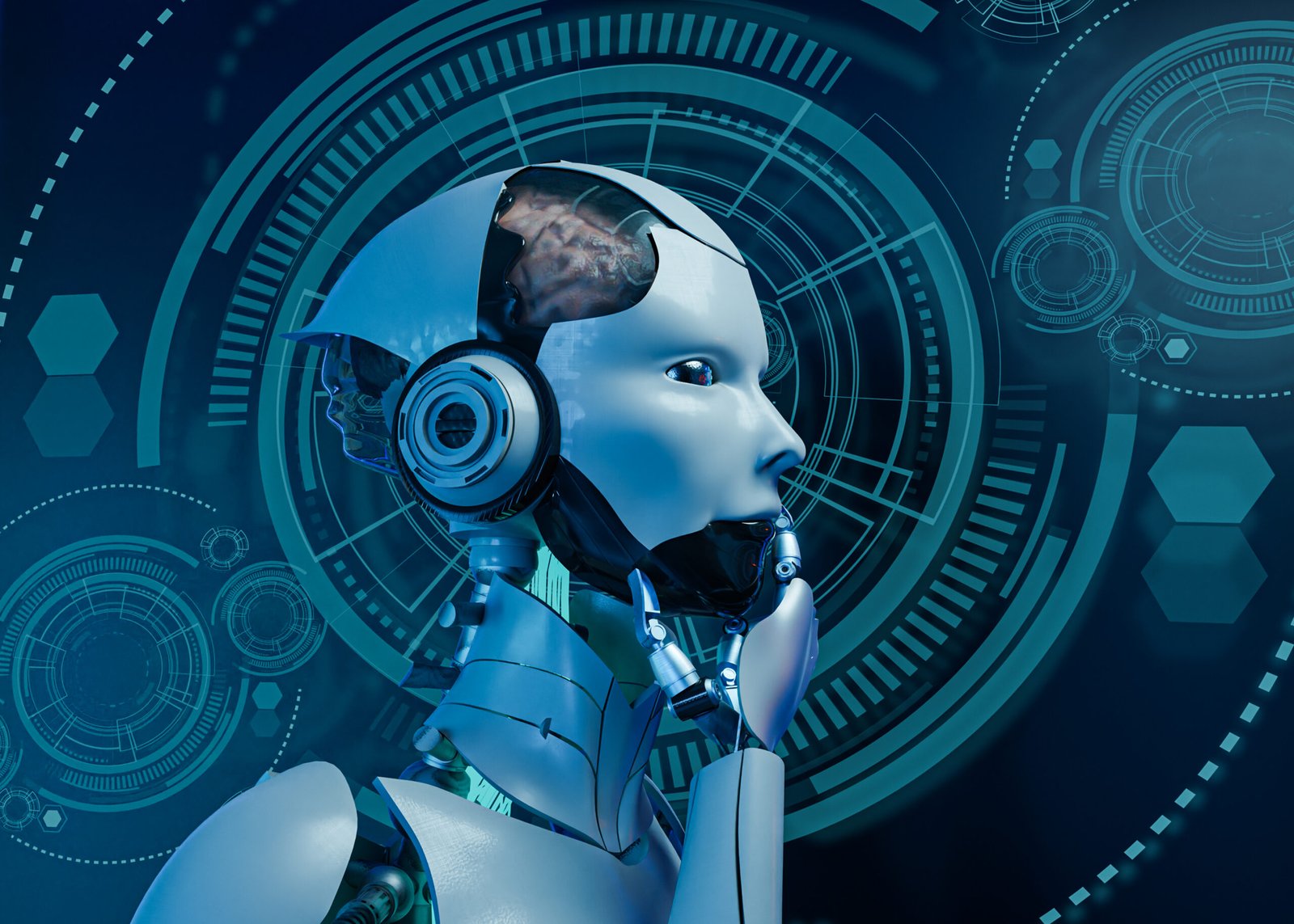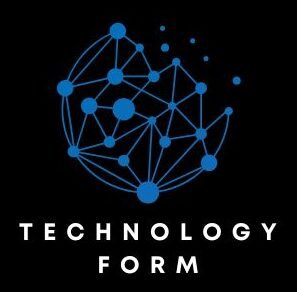
Introduction
Artificial Intelligence (AI) is no longer a concept from science fiction—it’s already transforming the world we live in. From voice assistants on our phones to recommendation algorithms on streaming platforms, AI is becoming an integral part of our daily lives. But what does the future hold? How will AI reshape industries, societies, and our everyday experiences? This article explores how artificial intelligence will change the future, both positively and critically.
1. Revolutionizing Industries
AI is expected to bring massive changes across various industries. In healthcare, for example, AI is already being used to assist in diagnosing diseases, predicting patient outcomes, and personalizing treatment plans. In the future, AI-powered robots may even assist in surgeries with extreme precision, reducing human error.
In the manufacturing sector, AI-driven automation will increase productivity and reduce costs. Smart machines can work 24/7 without breaks, and predictive maintenance systems can alert companies before equipment fails. Logistics companies will benefit from AI algorithms that optimize delivery routes and manage inventories more efficiently.
The financial industry is another area where AI is making a significant impact. From fraud detection to algorithmic trading and personalized financial advice, AI will continue to enhance speed, accuracy, and customer experience.
2. Smarter Living with AI
Smart homes and cities are becoming a reality. AI systems can already control lighting, temperature, and security in smart homes. In the future, AI will make these systems more intuitive. For instance, your home could automatically adjust settings based on your habits, detect unusual behavior for safety, and even suggest energy-saving tips.
Cities will also benefit from AI in managing traffic, reducing pollution, and improving public services. AI-powered cameras and sensors can help detect accidents or criminal activity, making urban spaces safer and more efficient.
3. AI and Education
AI will transform how we learn and teach. Personalized learning platforms can adapt to a student’s learning pace, style, and strengths. AI tutors will offer additional support, helping students understand difficult topics through interactive and customized experiences.
Teachers will also benefit by using AI to automate administrative tasks like grading and attendance, giving them more time to focus on student engagement and creative teaching methods.
4. Ethical and Employment Challenges
While AI promises many advantages, it also brings challenges. One of the most discussed concerns is job displacement. As machines become smarter and more capable, many routine jobs may be replaced by automation. Workers in transportation, customer service, and manufacturing could be affected the most.
However, history shows that with every technological revolution, new jobs also emerge. The future may see a shift in demand toward roles in AI development, data analysis, machine ethics, and human-AI collaboration.
Another major concern is ethics. AI systems can sometimes act unpredictably or make biased decisions, especially when trained on flawed data. This raises important questions: Who is responsible when AI makes a mistake? How can we ensure AI acts fairly and safely?
Governments and companies must work together to create transparent, ethical frameworks that guide the development and use of AI technologies.
5. The Human-AI Relationship
AI is not about replacing humans but augmenting our capabilities. In the future, we will likely see greater collaboration between humans and AI. For example, AI can analyze vast amounts of data while humans provide creativity, empathy, and ethical judgment.
As AI becomes more integrated into our lives, maintaining a balance will be crucial. We must ensure that AI remains a tool that supports human well-being, rather than one that controls or dehumanizes us.
Conclusion
Artificial Intelligence is set to become one of the most transformative forces of the 21st century. From revolutionizing industries and education to enhancing our daily lives, the potential is enormous. However, with great power comes great responsibility. The choices we make today in developing and regulating AI will shape the kind of future we create.
